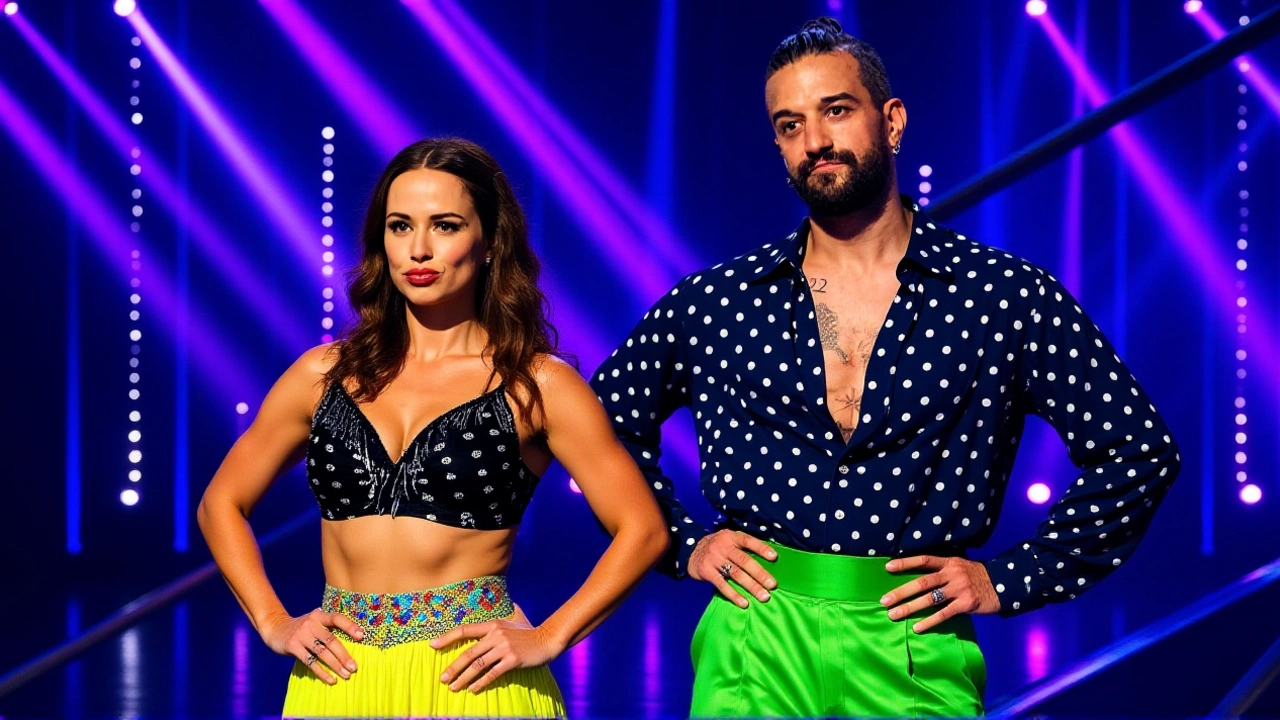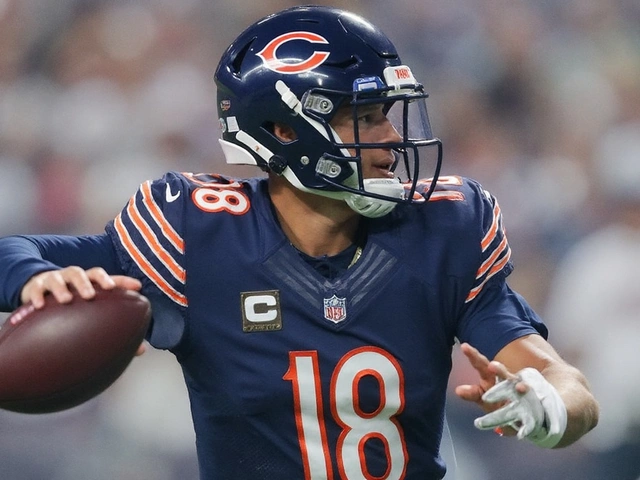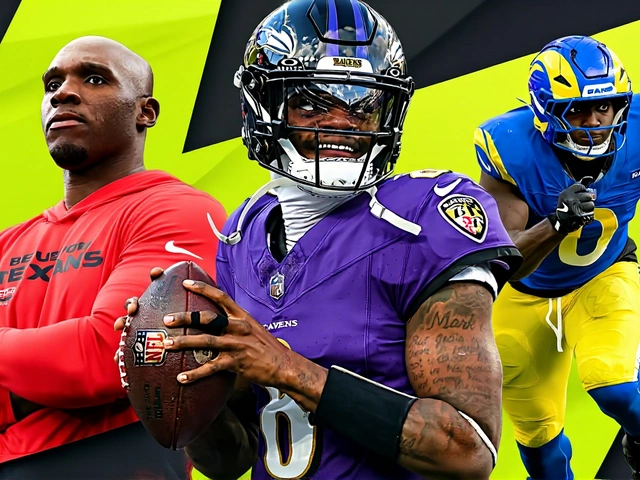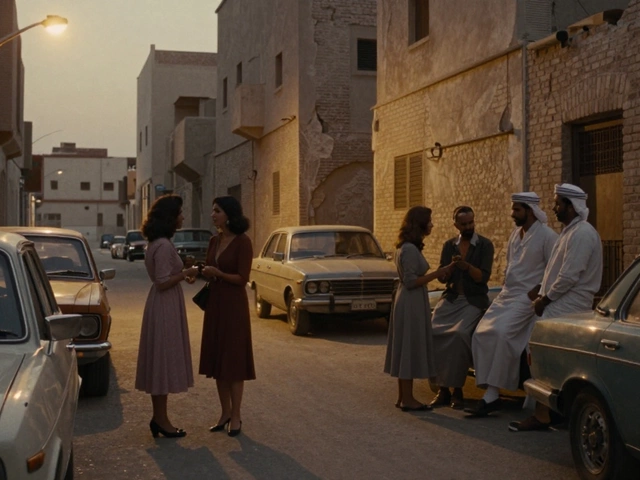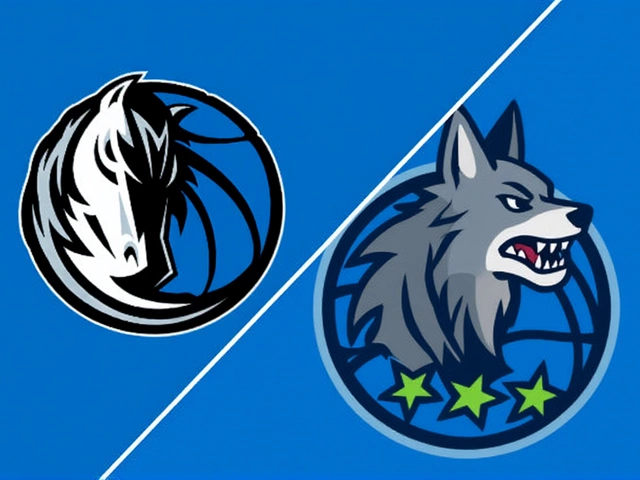When Whitney Leavitt and Mark Ballas announced a surprise giveaway for fans — tickets, flights, and hotel stays to the Dancing With The Stars Season 34 live show in Burbank, California — fans went wild. But just 48 hours later, it vanished. On Friday, October 25, 2024, the duo was forced to cancel the promotion after direct orders from American Broadcasting Company (ABC) and BBC Studios. The move stunned viewers, especially those who’d already started packing bags. "We just got out of rehearsal, and we were both informed that we actually can't do a giveaway," Leavitt said in a tearful TikTok video. Ballas added: "This has come directly from ABC and BBC and is completely out of our hands." Here's the thing: this wasn’t just a random fan gesture. It was a high-stakes moment for a couple riding a wave of momentum. Just days before, Leavitt and Ballas had nailed a Wicked-themed quickstep that earned them three perfect 10s from the judges — their best performance yet. The crowd loved it. The internet loved it. And for a moment, it felt like their fans could be part of the magic too.
The Giveaway That Never Was
The original TikTok post, posted October 23, 2024, promised winners would receive two tickets to the live Dancing With The Stars Season 34 live show, round-trip airfare, and a two-night hotel stay. A Reddit user who screenshot the video before it was deleted confirmed the details. No mention of voting was made — not a single word. But that didn’t matter. Networks don’t need explicit language to see a problem. ABC and BBC Studios operate under strict rules: no contestant may offer incentives that could be interpreted as influencing votes. Even the *appearance* of bias is toxic in reality TV. Think of it like a poker game where one player slips a stack of chips to the dealer — even if they didn’t say "I want you to deal me a win," the optics are ruined. "It would be like bribing the audience," one TikTok user wrote. Another: "Trying to find a loophole for bribing is WILD... 'Vote for us and I'll give you a gift' — that’s rigging the whole thing." But here’s the twist: Leavitt isn’t just a contestant. She’s a reality TV personality from The Secret Lives of Mormon Wives, a woman whose entire career is built on influencer-style giveaways. For her, this wasn’t a scheme — it was a thank-you. "We just want to do something special for you guys who’ve shown us so much love," she told fans. "It just really sucks."Fan Reactions: Disappointment, Anger, and Defense
The backlash was immediate — and divided. Some fans were heartbroken. "But I already packed my bag??" one wrote. Another joked, "The way I thought I hallucinated that TikTok." Others felt betrayed, accusing the pair of trying to game the system. But there was another side. "Whitney is an influencer. Doing giveaways is a regular thing," one comment read. "Why are so many of you people commenting so toxic?? They wanted to do something kind? It’s not bribing!" The disconnect speaks to a deeper cultural shift. Reality TV used to be about spectacle. Now it’s about authenticity — but only if it follows the script. Fans want stars to be real, but not *too* real. They want connection, but not competition that feels "unfair."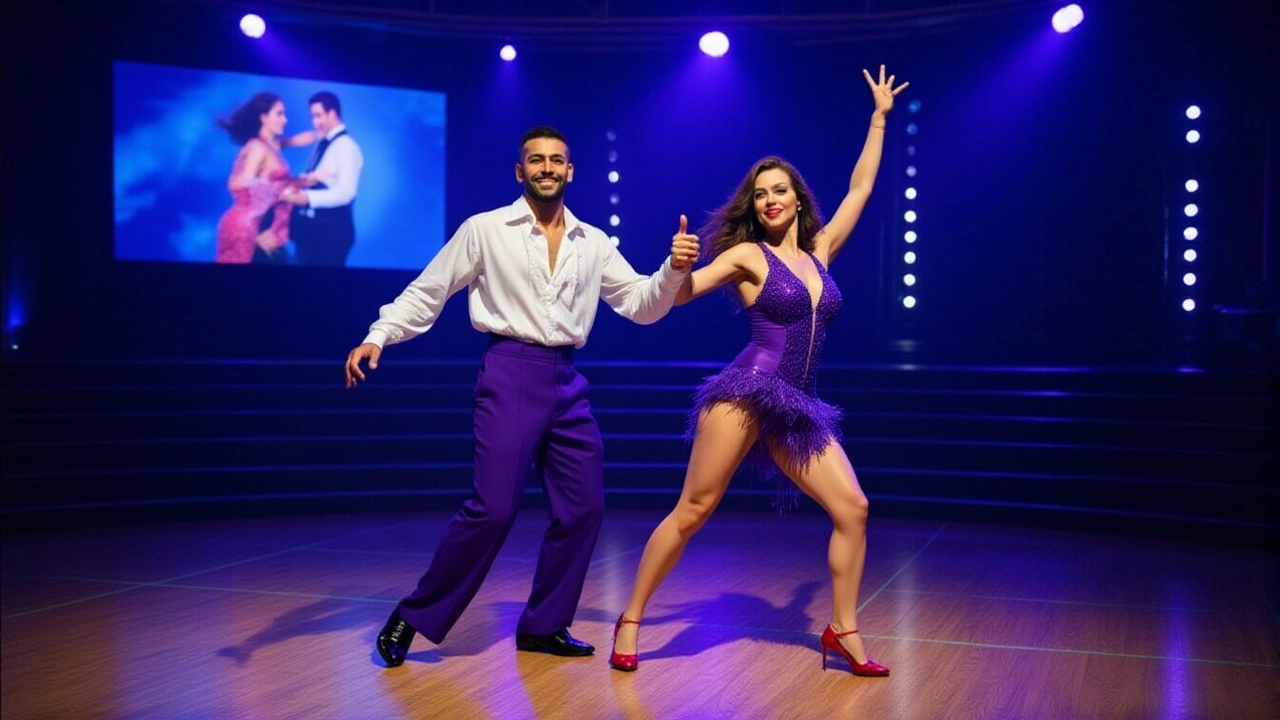
Why ABC and BBC Studios Couldn’t Look Away
ABC, headquartered at 77 West 66th Street in New York City, and BBC Studios in London, have built their brand on perceived fairness. Even minor violations — like a contestant handing out branded merch during a live show — have triggered warnings in past seasons. This wasn’t the first time a dance partner’s fan gesture sparked controversy. In 2021, a contestant’s family launched a GoFundMe for tickets to the finale. It was shut down within hours. The rules aren’t written in stone — they’re enforced by instinct. Networks fear precedent. If Leavitt and Ballas could give away a trip, what’s to stop another contestant from offering a cash prize? Or a signed guitar? Or a dinner with a judge? The slippery slope is real. "They should’ve run this past ABC first," noted Lauren Anderson, Trending News Writer at Parade. "But in the heat of the moment — after a perfect score, with the crowd cheering — you don’t think about legal teams. You think about your fans."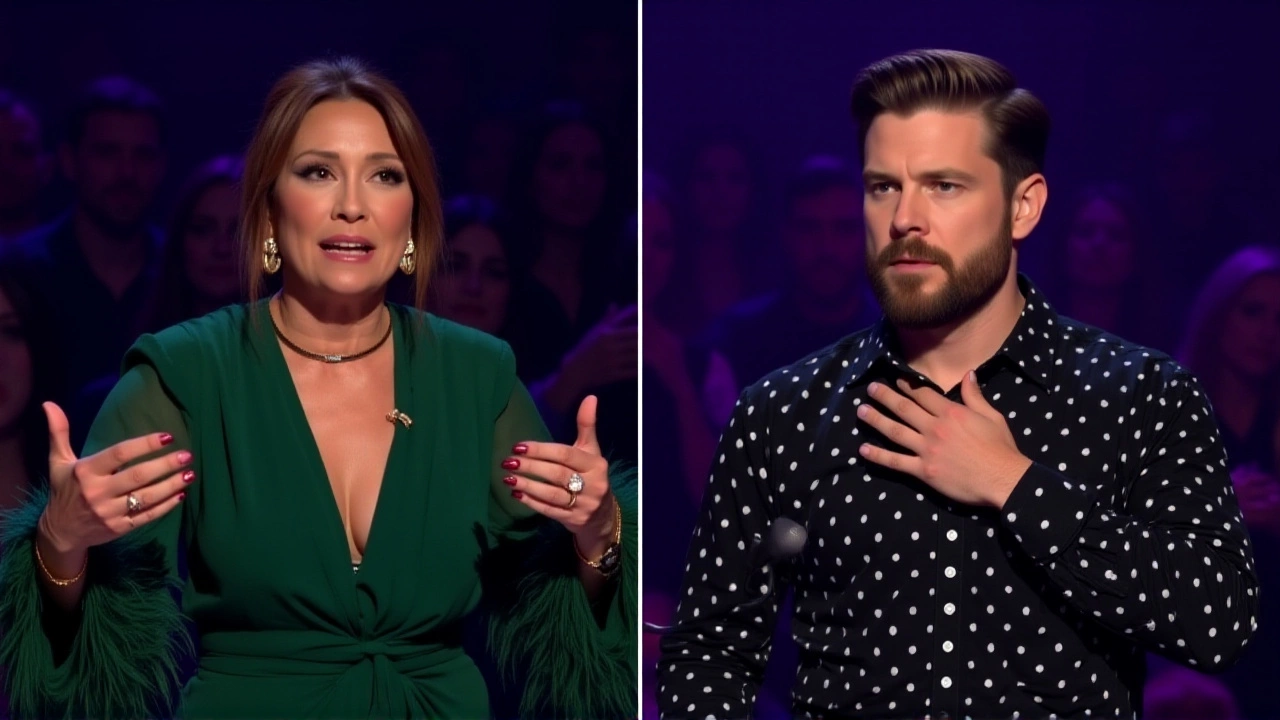
What’s Next? A New Kind of Gratitude
Leavitt and Ballas didn’t just disappear after the cancellation. They promised fans they’d "get creative." And they’re not alone. In the past, eliminated contestants have hosted live Q&As, sent handwritten notes, or even held virtual dance classes. One former pro dancer, Maksim Chmerkovskiy, once mailed out custom mixtapes to fans after his season ended. For Leavitt and Ballas, the next move could be something simple: a behind-the-scenes livestream, a personalized shout-out video for 100 fans, or even a charity donation in their name. The point isn’t the prize — it’s the connection. Their next performance airs Tuesday, October 29, 2024, at 8:00 p.m. ET on ABC and Disney+. Whether they win or not, this moment has already changed the game. It’s a reminder that in the age of TikTok, even the most well-meaning gestures can become political. And sometimes, the kindest thing you can do for your fans… is to let them be disappointed with you.Frequently Asked Questions
Why did ABC and BBC Studios cancel the giveaway if Leavitt and Ballas didn’t ask for votes?
Even without explicit voting language, networks treat any incentive tied to a contestant’s popularity as a potential vote-manipulation risk. The rules are designed to prevent *perceived* bias — not just actual cheating. ABC and BBC Studios have a long history of shutting down similar gestures, fearing precedent. A giveaway of this scale, especially with travel included, crosses an invisible line in reality TV’s ethical code.
Is this the first time a DWTS contestant faced consequences for a fan giveaway?
No. In 2021, a contestant’s family launched a GoFundMe to help fans attend the finale, and it was shut down within hours. In 2018, a pro dancer was warned after offering signed memorabilia to fans who voted for him. The pattern is consistent: networks prioritize perceived fairness over personal gestures, even when the intent is pure.
How does this affect fans who were hoping to attend the live show?
Fans who planned to travel to Burbank, California for the live show now face disappointment, but no financial loss — since no payments were collected. Still, the emotional impact is real. Many fans felt personally connected to Leavitt and Ballas’ journey, and the cancellation felt like a broken promise. The network’s response, while standard, highlights how little control fans have in reality TV’s tightly scripted world.
What are Leavitt and Ballas planning instead?
They’ve promised to "get creative," but haven’t revealed specifics. Past DWTS contestants have responded to similar situations by hosting live Q&As, sending handwritten notes, or donating to charities in fans’ names. Expect something low-cost but personal — perhaps a virtual dance lesson or a curated playlist of songs from their journey. The goal is to maintain connection without crossing network boundaries.
Could this impact Leavitt and Ballas’ chances of winning?
Unlikely. Their performance earned three perfect scores, and their emotional response to the cancellation has actually strengthened fan loyalty. Many viewers now see them as authentic underdogs — not rule-breakers. Networks rarely penalize contestants for fan interactions unless there’s clear evidence of vote-buying. This is more about policy enforcement than punishment.
Why did BBC Studios get involved if DWTS is an ABC show?
BBC Studios co-produces Dancing With The Stars alongside ABC, handling international distribution and production support. Though the show airs in the U.S. on ABC, the production partnership means BBC Studios has a say in contestant conduct, especially when global branding and licensing are at stake. Their involvement isn’t unusual — it’s part of the show’s international structure.
